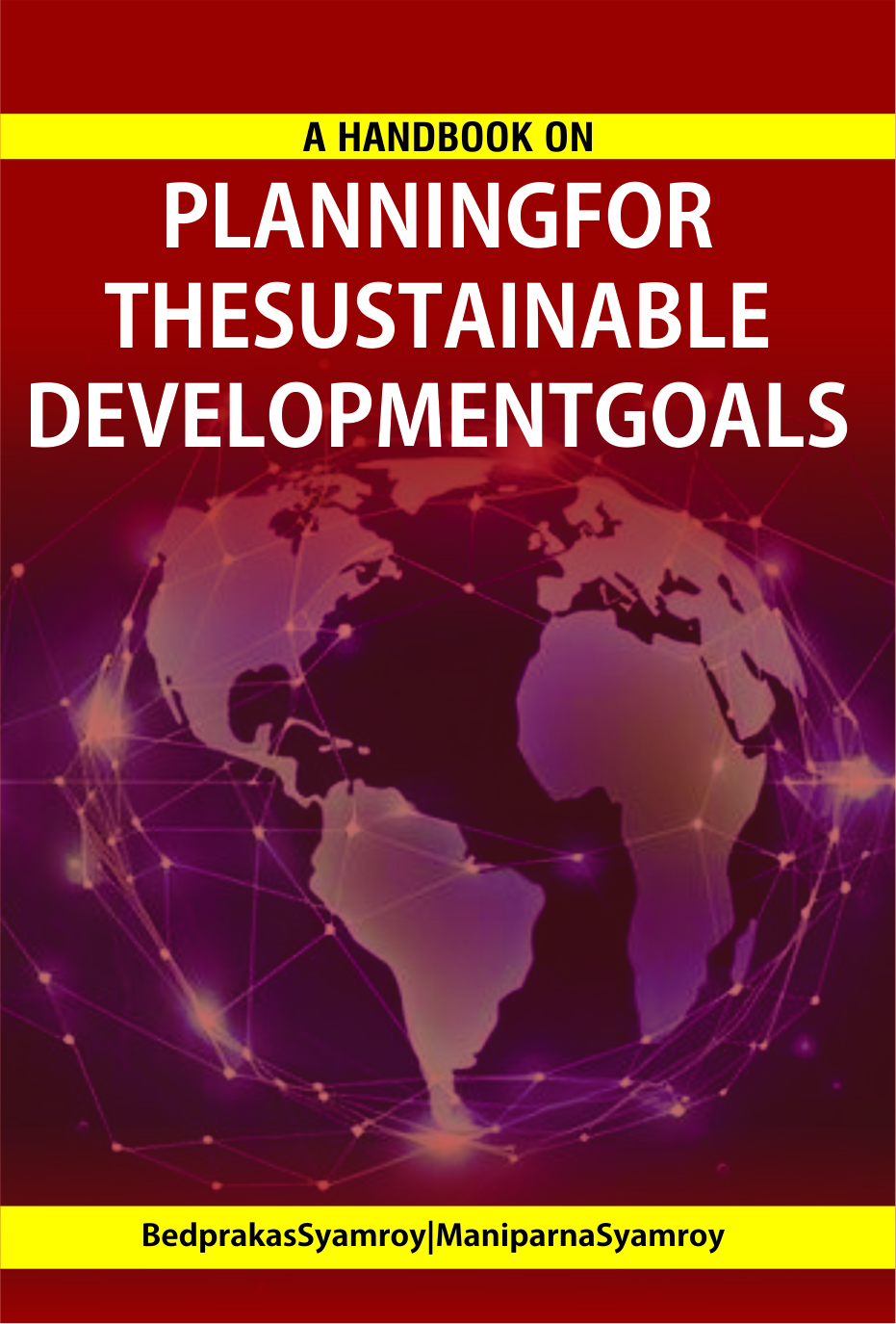Cart
- No products in the cart.
A Handbook on Planning for the Sustainable Development Goals
Sale!
A Handbook on Planning for the Sustainable Development Goals
ISBN NO:9789349897250 PAGES :328 PAPER TYPE: HardboundAuthor(s) / Editor(s):
Dr. Bedprakas Syamroy and Dr. Maniparna Syamroy


Historically, the UN Millennium Summit, 2000 was the most eventful beginning toaddress human development issues by global initiative through the Millennium Declaration as the international agenda for the 21st century which shaped the Millennium Development Goals (MDGs) with a deadline for accomplishing the tasks by 2015. The international community felt thereafter that since the MDGs targeted developing countries, particularly the poorest, the need for Sustainable Development Goals for the entire world, developed and developing countries, was to be explored worldwide for the post-2015 scenario. The UN Conference on Sustainable Development (UNCSD, or Rio+20), in June 2012, was instrumental to launch the process of sustainability and develop a set of Sustainable Development Goals (SDGs). After a series of follow-up efforts towards achieving the MDGs and intergovernmental negotiations on the post-2015 agenda, a Global Summit namely, Sustainable Development Summit took place in September 2015 to adopt “Transforming Our World: The 2030 Agenda for Sustainable Development,” with 17 SDGs and 169 targets by addressing the root causes of poverty and the universal need for economic growth, social inclusion, and environmental protection. The then UN Secretary-General envisioned it as a universal, transformative, and integrated agenda that heralds an historic turning point for our world” and observed: “This is the People’s Agenda, a plan of action for ending poverty in all its dimensions, irreversibly, everywhere, and leaving no one behind.”